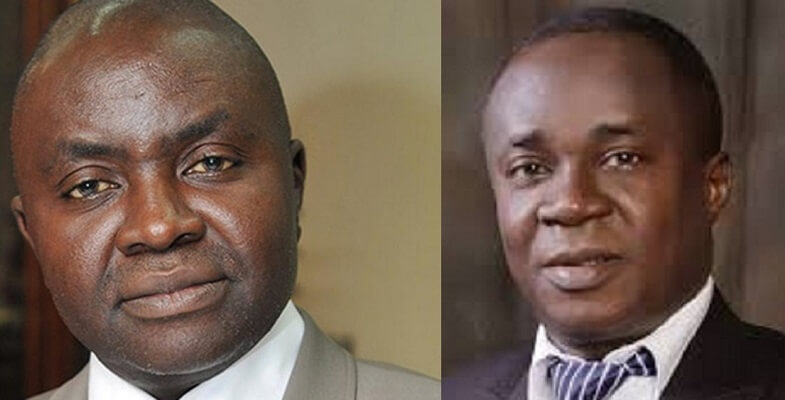Stakeholders Back CBN’s 11.5% Lending Rate, Says Economy Needs N11.9trn To Recover
Stakeholders in the financial sector on Friday supported the decision of the Monetary Policy Committee of the Central Bank of Nigeria to retain the benchmark lending rate at 11.5 per cent.
The benchmark lending rate is the rate through which CBN in performing its role as the lender of last result borrow money to commercial banks.
Advertisement
The stakeholders said that despite the rising inflation, the decision of the retention of the benchmark lending rate at 11.5 per cent would help to unlock the economy as the country battle the second wave of the coronavirus pandemic.
However, they told this website that for the government to effectively stimulate the economy to the path of recovery, there is need for fresh fiscal stimulus of about N11.9trn.
The apex bank had struggled to balance the rising inflation with low consumer income and weak economy induced by the Covid-19 pandemic in 2020.
Nigeria’s Central Bank in its first MPC meeting for the year held the MPR at 11.5 per cent and all other rates were equally retained.
Advertisement
CBN said its priority was to boost consumer spending and to woo the economy out of recession.
Speaking on the development, the Director- General of the Lagos Chamber of Commerce and Industry, Muda Yusuf, told THE WHISTLER that the apex bank needs to increase the level of consumer lending.
With Nigeria’s Gross Domestic Product hitting $448.1bn as at the end of 2019, Yusuf said that rhe country needs fiscal stimulus of about seven per cent of the 2019 GDP.
This implies that the apex bank would need to inject up to $31.36bn (N11.9trn) into the Nigerian economy.
The apex bank had out of its N3.5trn stimulus package so far disbursed N2trn into the economy since the wake of the pandemic.
Advertisement
Yusuf said, “The position that was taken by the MPC did not come as a surprise because the economy is still in recession and the economy needs to be further stimulated, even though inflation pressure has been mounting.
“But the choice before the CBN is either to tighten monetary policy instrument, or to curb inflation or continue to retain the current easing of monetary policy and other policy measures to stimulate growth.
“The economy needs a lot of money, we should be talking of something close to five per cent to seven per cent of our GDP’ This will be able to actually stimulate the economy.”
The LCCI Boss said given the rising inflation, low consumer income and unemployment which has hit 27.1 per cent, the apex bank’s priority should be to stimulate growth.
“You stimulate growth by ensuring you preserve the current liquidity in the economy,” he added.
Also reacting to the CBN’s decision, Professor of Finance and Capital Market at Nasarawa State University, Uche Uwaleke, said in a mailed response that the apex bank’s unanimous decision was consistent with market expectations.
Advertisement
Uwaleke said, “The economy presented a dilemma which the MPC rightly managed by maintaining the status quo and holding the rates in a bid to strike a balance between the two seemingly diametrically opposing sides of enabling output growth and curbing rising inflation.”
He said, while a rate cut appeared justified by the need for the CBN to support economic recovery efforts of the government, the need to stabilize exchange rate as well as tackle the rising inflation favoured tightening monetary policy.
“By doing so, the CBN will have some more time to monitor macroeconomic response to all its interventions in the wake of COVID’19 pandemic. So, in my view, the MPC did not disappoint,” Uwaleke added.



